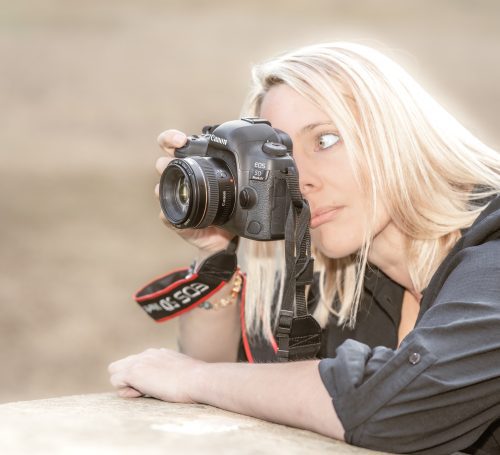How dyslexia shaped my career
Annie’s story
My long-lasting obsession with photography is actually rooted to my dyslexia. I was never interested in literature, just visual images. Having a short-term memory problem meant that I had a need to remember details and I would take photographs of things that other people would think strange.
My interests led me at college to following a media pathway, where I studied excessively and found that my dyslexia was not a hindrance to me when the academic work was production based. I could create photography and videography that saw me enter Coventry University in 2004 with a scholarship for excellence. At university I became friends with a network of media students, all connected to the BBC and I was hired by the university as their official photographer to cover events and portraits. In 2021 I enrolled at Gray’s School of Art on a Masters of Fine Arts Photography course. I graduated in December 2022. I am now a freelance photographer.

Anthony’s story
I am constantly surprised by the fact I am dyslexic, considering how much of my life involves heavy reading and writing work. This has challenged my preconceptions of what dyslexia is. I have excellent organisational, 3D design, spatial awareness and creative ability, but it’s hard to say whether any of that is directly linked to my dyslexia – maybe!
My dyslexia mainly expresses itself negatively in spelling and struggling to remember names, which up to this point has meant I’ve worked much harder and taken much longer to ensure I get things right. (I didn’t realise I was working harder than other people at this for a long time!) This has led to me taking an interest in accessibility best practice. For example, at my current place of work I am getting every staff member a name tag (with pronouns). This is an example of the ‘curb-cut effect’ (when adjustment for disabled people benefits a wider range of people): those with memory impairments or social anxiety and those who are new to the space will be able to identify and address staff more easily and accurately.
It has taken me quite a long time to come to terms with the fact I am dyslexic, but now that I have I’ve been able to be mindful of it and take active steps to support and advocate for myself.
